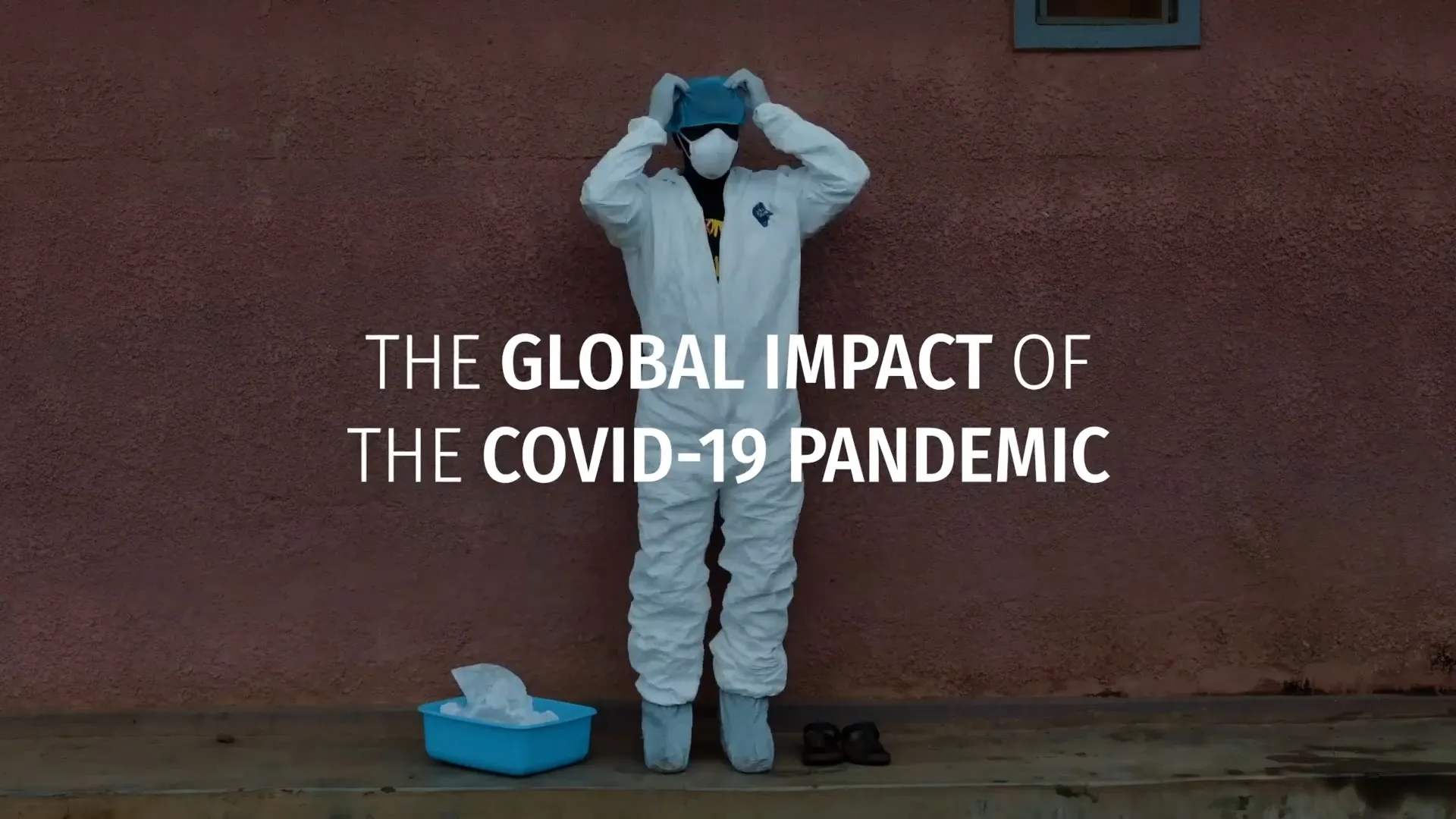CARE’s global Women Respond initiative was launched at the onset of the COVID-19 pandemic to put women’s voices and experiences at the center of the COVID-19 response. After the two years, the Women Respond initiative expanded to continue to listen to women’s voices in any crisis that communities are experiencing, including COVID-19, conflict, climate change, food insecurity, and many others.
Women Respond builds CARE’s Rapid Gender Analysis work, needs assessments, and our longstanding relationships with women leaders all over the world to better understand the unique situation crises presents so that we can adapt our programming and advocacy to meet those challenges. It puts women’s voices and experiences at the center of response and provides unique insights into women’s experiences leading responses through crisis, the evolving challenges they face, and the support they advocate for from leaders at local and global levels.
Please note this visualization is best viewed on desktop.

